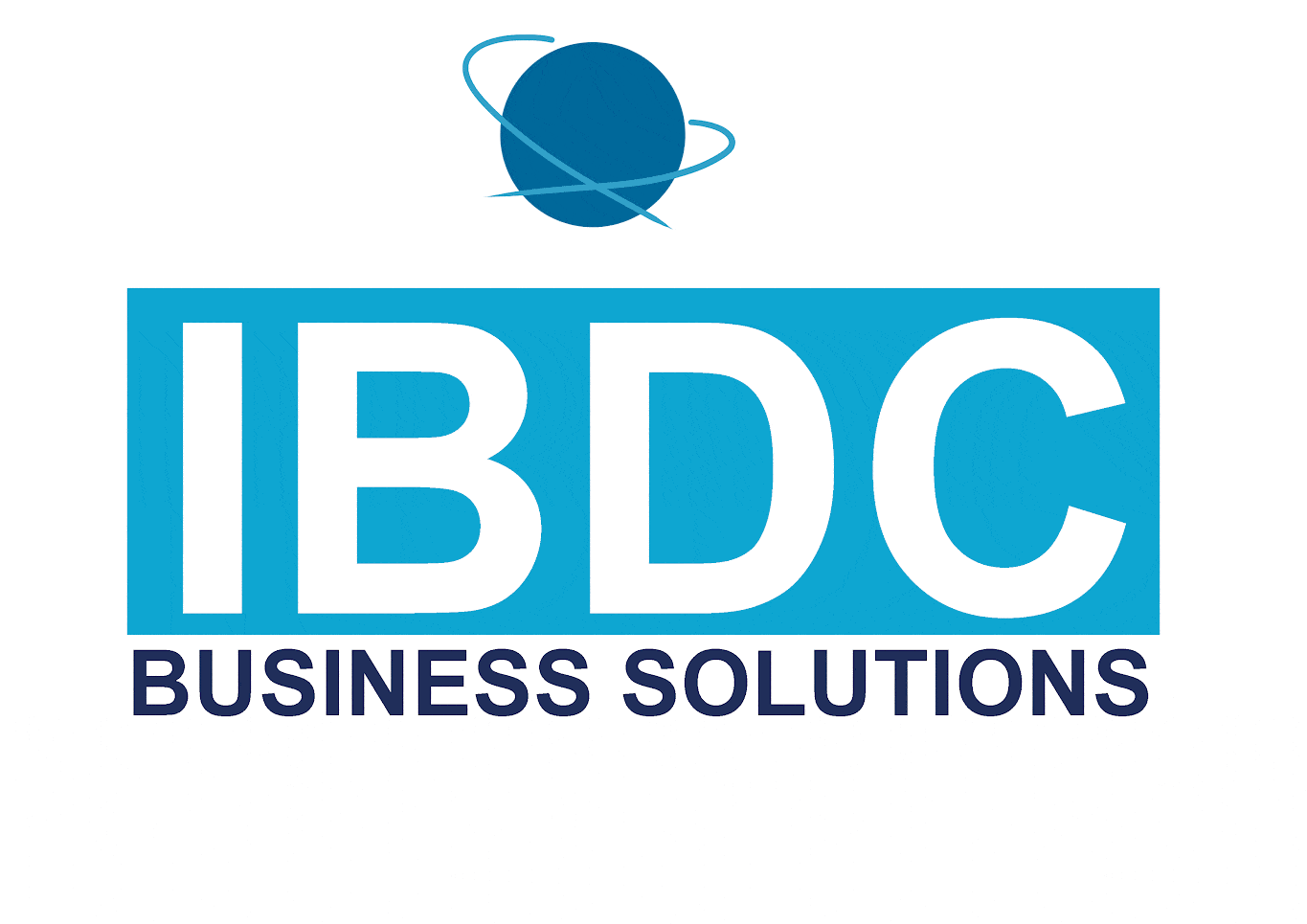The Power of Multi-Channel Social Media Marketing
In today’s digital age, consumers are bombarded with marketing messages from all sides. In order to stand out from the crowd, businesses need to use a multi-channel social media marketing strategy. This means using multiple social media platforms to reach their target audience with a consistent message.
There are many benefits to using a multi-channel social media marketing strategy. First, it allows you to reach a wider audience. Not everyone uses the same social media platforms, so by using multiple platforms, you can reach people who might not otherwise see your messages.
Second, a multi-channel strategy can help you build relationships with your customers. By interacting with them on multiple platforms, you can get to know them better and provide them with the information they need. This can help you build trust and loyalty, which can lead to more sales.
Third, a multi-channel strategy can help you track your results more effectively. By using different social media platforms, you can collect different types of data. This data can help you see which platforms are most effective for your business and how you can improve your results.
If you’re not sure where to start with multi-channel social media marketing, here are a few tips:
Expanding Reach and Targeting Diverse Audiences
One of the most significant advantages of multi-channel social media marketing is the ability to expand reach and tap into diverse audiences. Different social media platforms cater to distinct demographics, interests, and user behaviors. By utilizing multiple channels, businesses can reach a wider range of potential customers who may not be present on a single platform. For example, while Instagram may appeal to a younger demographic, LinkedIn might be more suitable for professional networking and B2B interactions. By adopting a multi-channel approach, businesses can target various segments of their audience and tailor their messaging accordingly.
Increased Brand Visibility and Recognition
Consistent and strategic presence across multiple social media channels helps build brand visibility and recognition. When consumers see a brand on different platforms, it reinforces brand recall and establishes credibility. By maintaining a cohesive brand image across all channels, businesses can enhance their visibility and stay top of mind for their target audience. A well-executed multi-channel strategy also enables businesses to leverage the unique features and formats of each platform, such as stories, live videos, or interactive content, to engage users and create a memorable brand experience.
Enhanced Customer Engagement and Interaction
Social media platforms offer unparalleled opportunities for businesses to engage and interact with their customers. By implementing a multi-channel strategy, businesses can foster meaningful conversations and build relationships with their audience. Each platform provides different ways to engage, such as comments, likes, shares, direct messages, or polls. By actively responding to comments, addressing customer queries, and incorporating user-generated content, businesses can demonstrate their commitment to customer satisfaction, resulting in increased brand loyalty and advocacy.
Harnessing Data and Insights for Better Decision-Making
Multi-channel social media marketing generates a wealth of data and insights that can be leveraged to make informed business decisions. Each platform provides analytics and metrics that reveal valuable information about audience demographics, engagement levels, and content performance. By analyzing this data, businesses can gain deeper insights into customer preferences, refine their marketing strategies, and optimize their campaigns for better results. A multi-channel approach allows for A/B testing and experimentation, enabling businesses to identify the most effective messaging, content formats, and targeting parameters.
Mitigating Risk and Adapting to Platform Changes
Relying solely on a single social media platform for marketing poses inherent risks. Changes in algorithms, policy updates, or platform shutdowns can have a significant impact on a business’s online presence. By diversifying their social media presence across multiple channels, businesses can mitigate the risk associated with relying on a single platform. If one channel faces disruptions or declining engagement, other channels can help maintain brand visibility and continuity. This flexibility allows businesses to adapt to evolving trends and technologies, ensuring long-term sustainability and resilience.
Amplifying Content Distribution and SEO Benefits
Multi-channel social media marketing amplifies content distribution and enhances search engine optimization (SEO) efforts. Sharing content across multiple platforms increases its visibility and the likelihood of reaching a larger audience. Each platform has its own unique strengths that can be harnessed to optimize content for search engines. By creating backlinks, incorporating relevant keywords, and optimizing meta tags, businesses can improve their search engine rankings and drive organic traffic to their website. Moreover, social media platforms often rank high in search engine results, allowing businesses to occupy valuable real estate on search engine pages. By implementing a multi-channel strategy, businesses can maximize the reach and impact of their content, leading to increased brand exposure, website traffic, and potential conversions.
Leveraging Influencer Marketing and Partnerships
Multi-channel social media marketing opens doors to influencer collaborations and strategic partnerships. Influencers, who have built a loyal following on specific platforms, can help businesses amplify their message and reach a targeted audience. By identifying influencers relevant to their industry or niche and partnering with them, businesses can tap into their followers’ trust and credibility, enhancing brand awareness and driving engagement. A multi-channel approach allows businesses to work with influencers across various platforms, ensuring wider exposure and maximizing the impact of influencer marketing campaigns.
Tracking and Measuring Performance Effectively
Implementing a multi-channel social media strategy enables businesses to track and measure performance effectively. With the availability of analytics tools and metrics provided by each platform, businesses can assess the effectiveness of their campaigns and make data-driven decisions. By setting specific goals, tracking key performance indicators (KPIs), and comparing results across different channels, businesses can identify areas of improvement, optimize their marketing efforts, and allocate resources more efficiently. The ability to measure performance across multiple channels provides valuable insights into the overall success of social media marketing campaigns.
By following these tips, you can create a successful multi-channel social media marketing strategy that will help you reach your target audience, build relationships with your customers, and grow your business.







